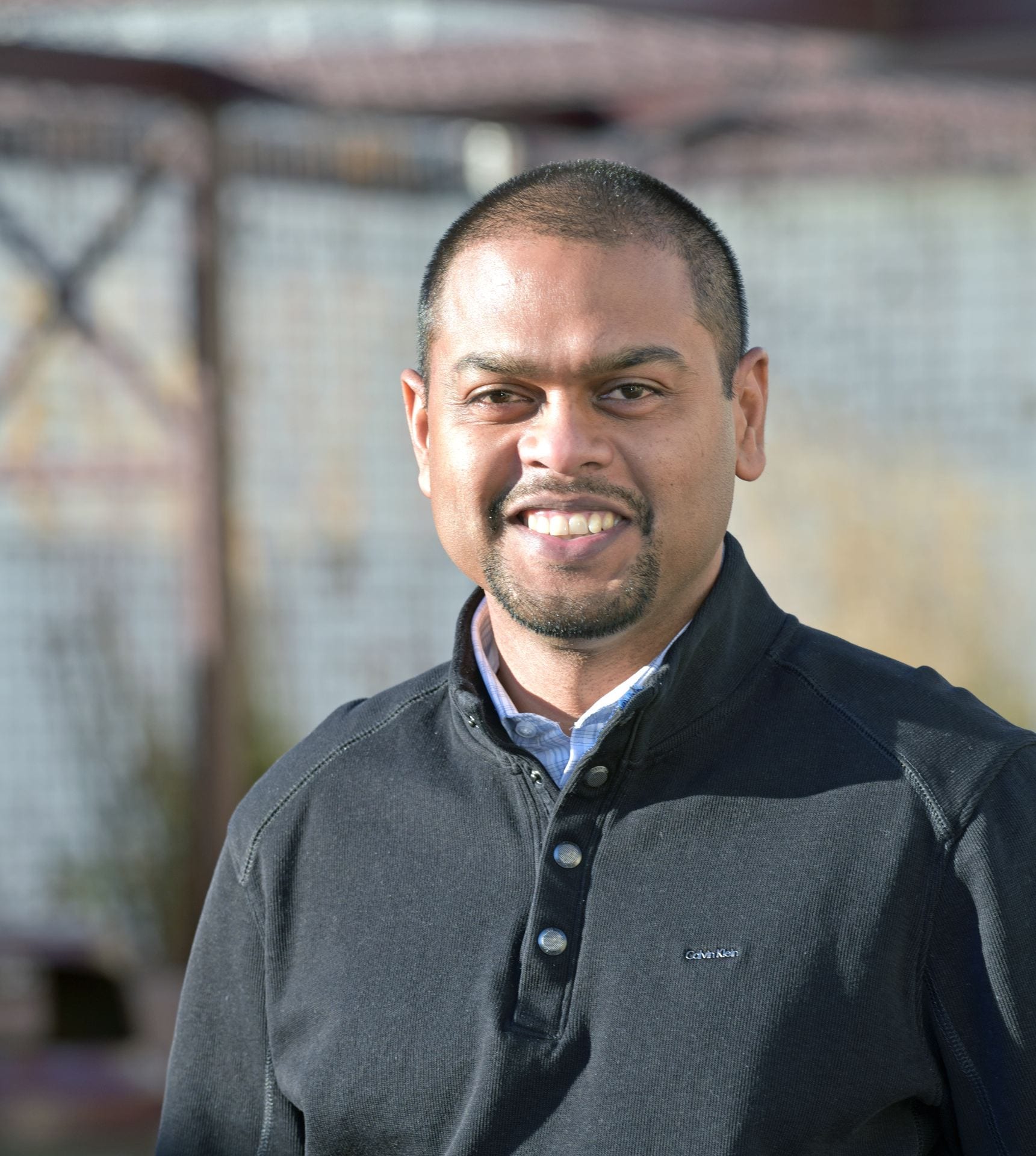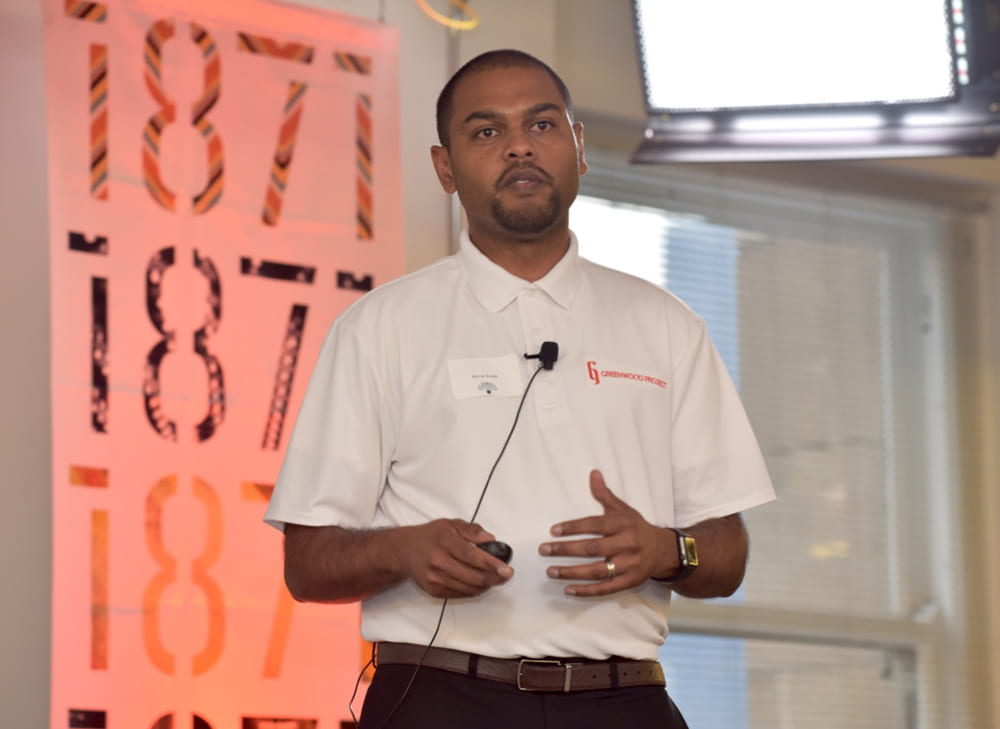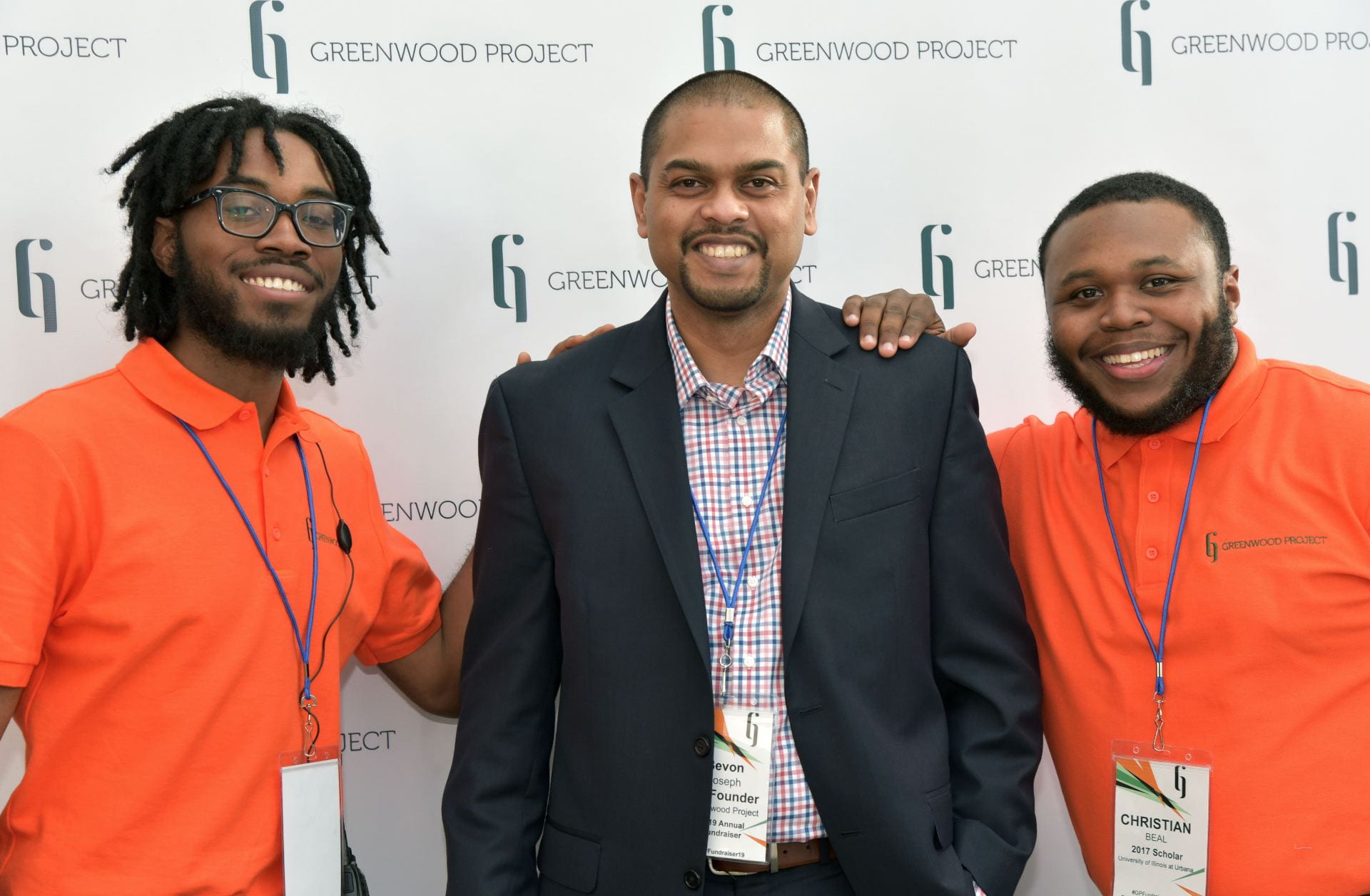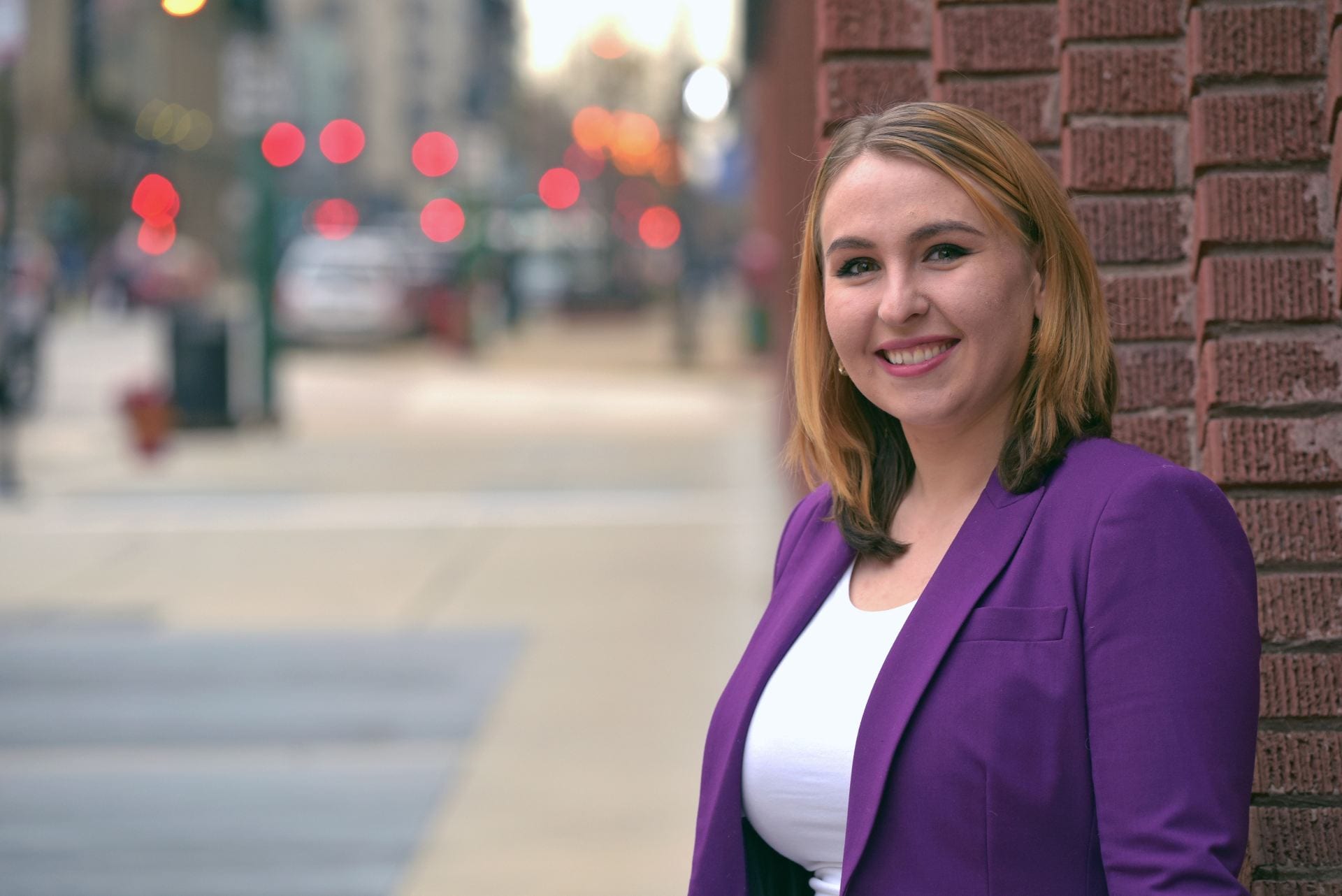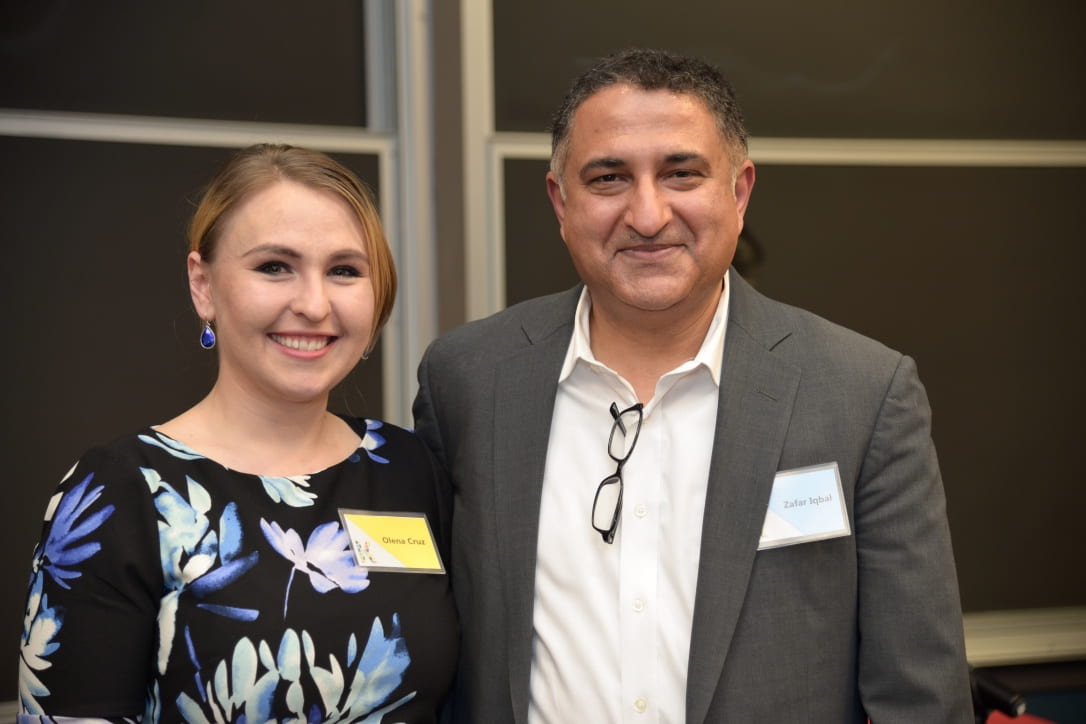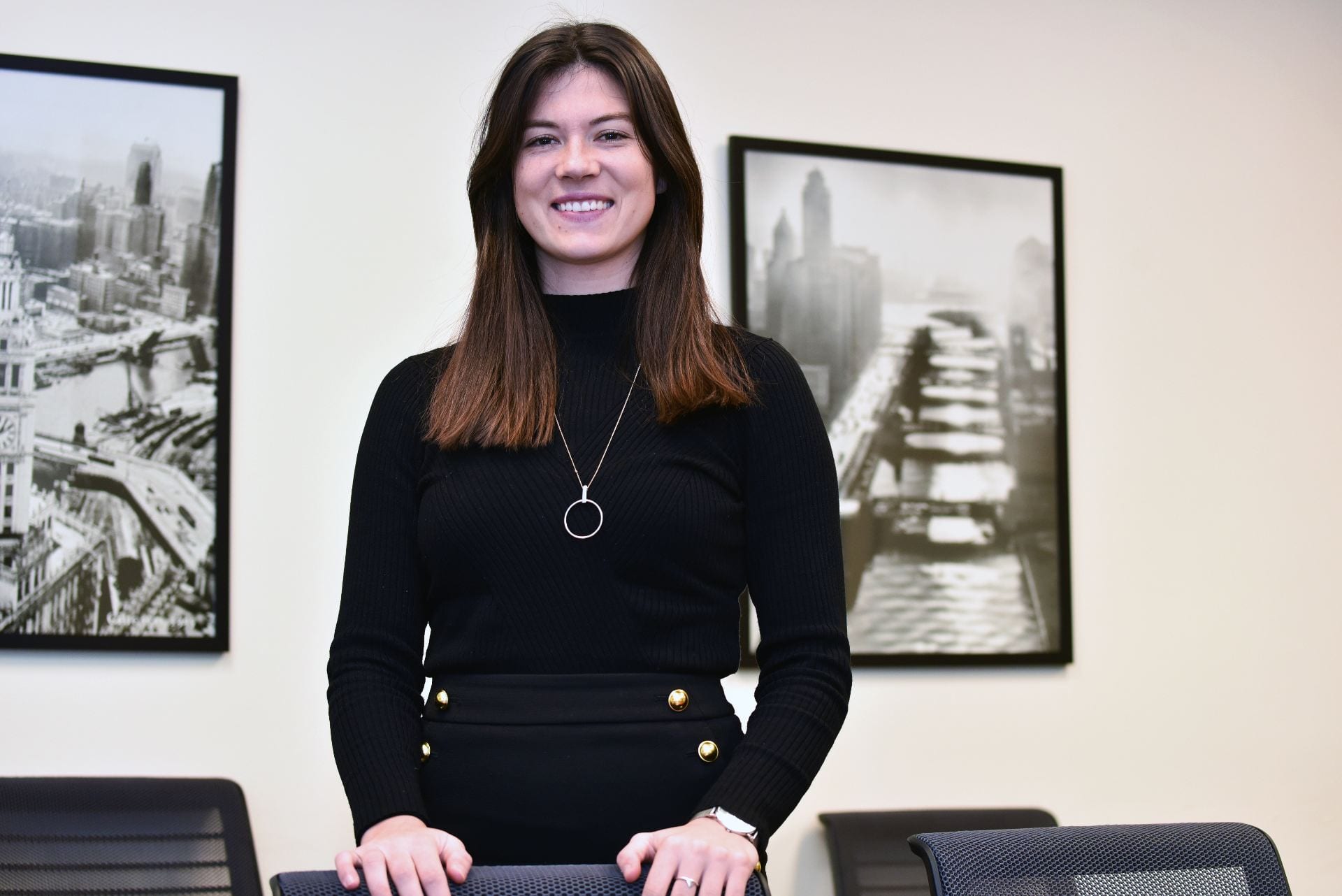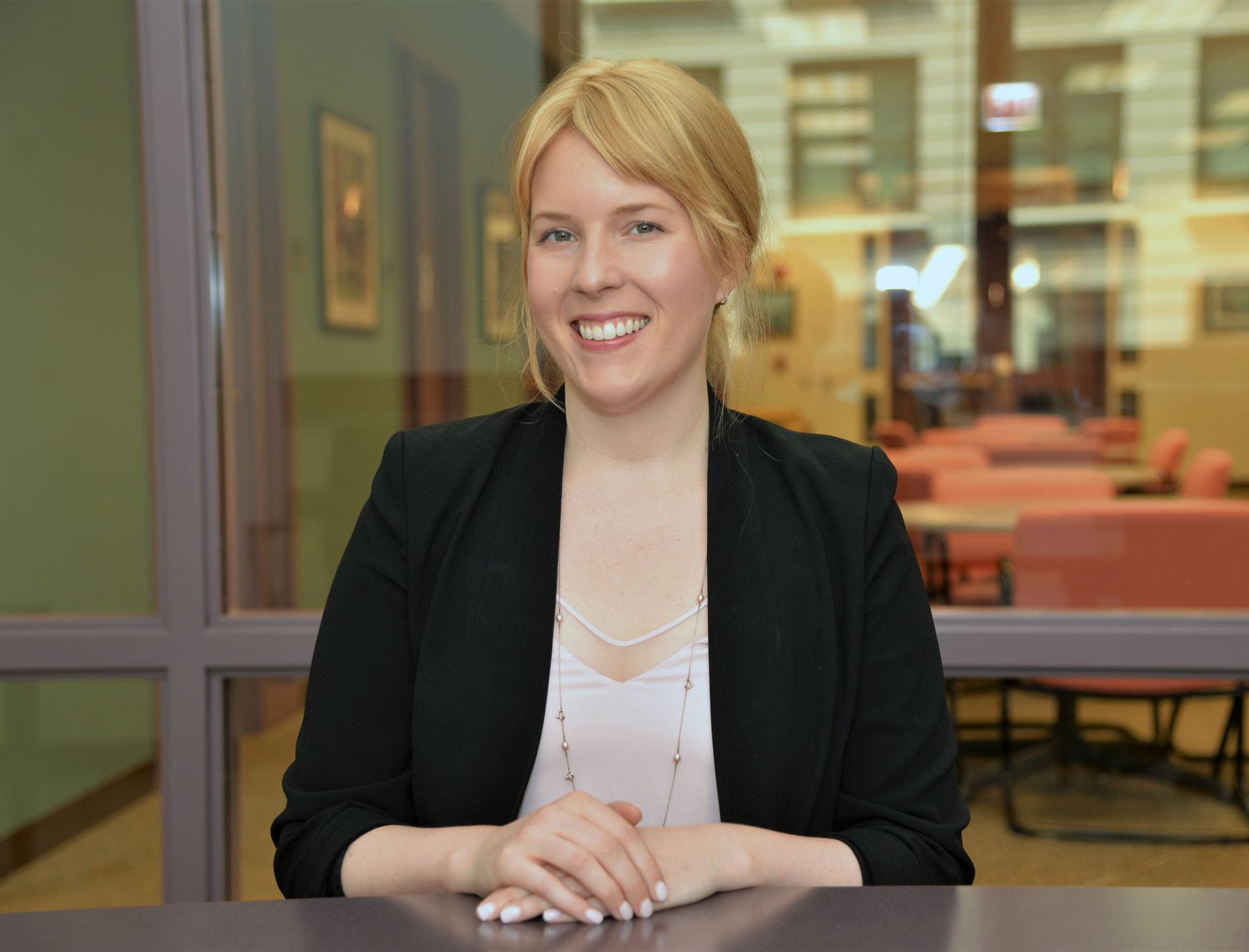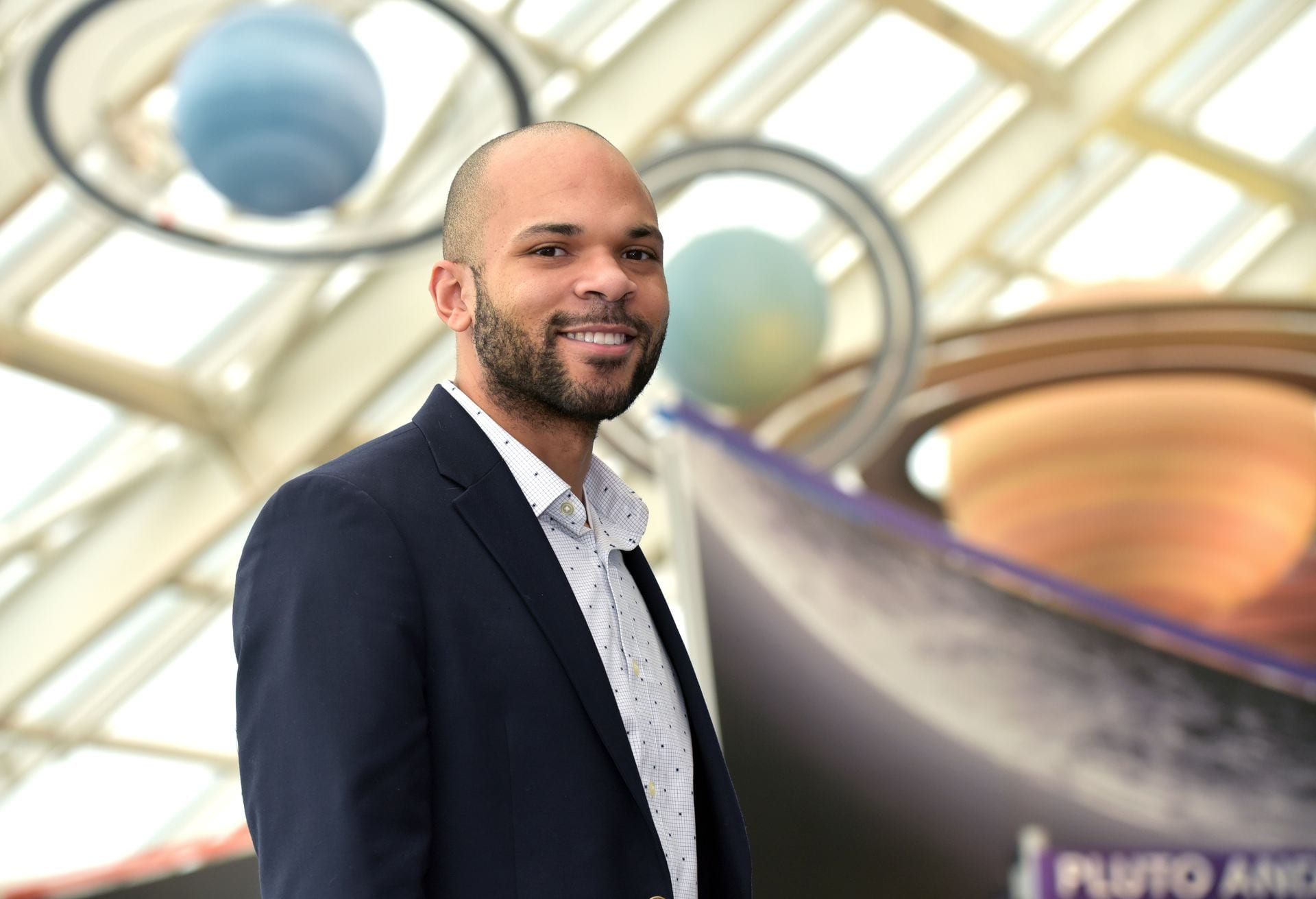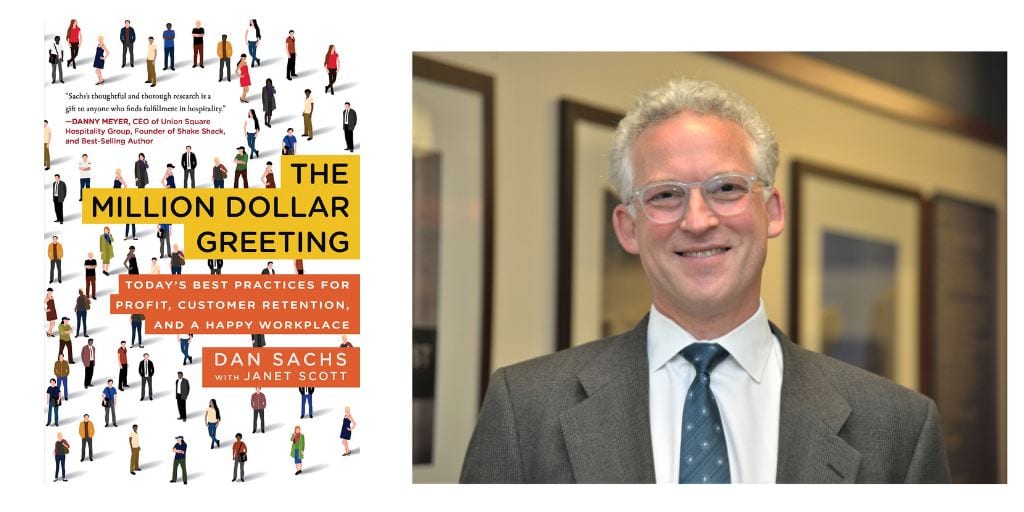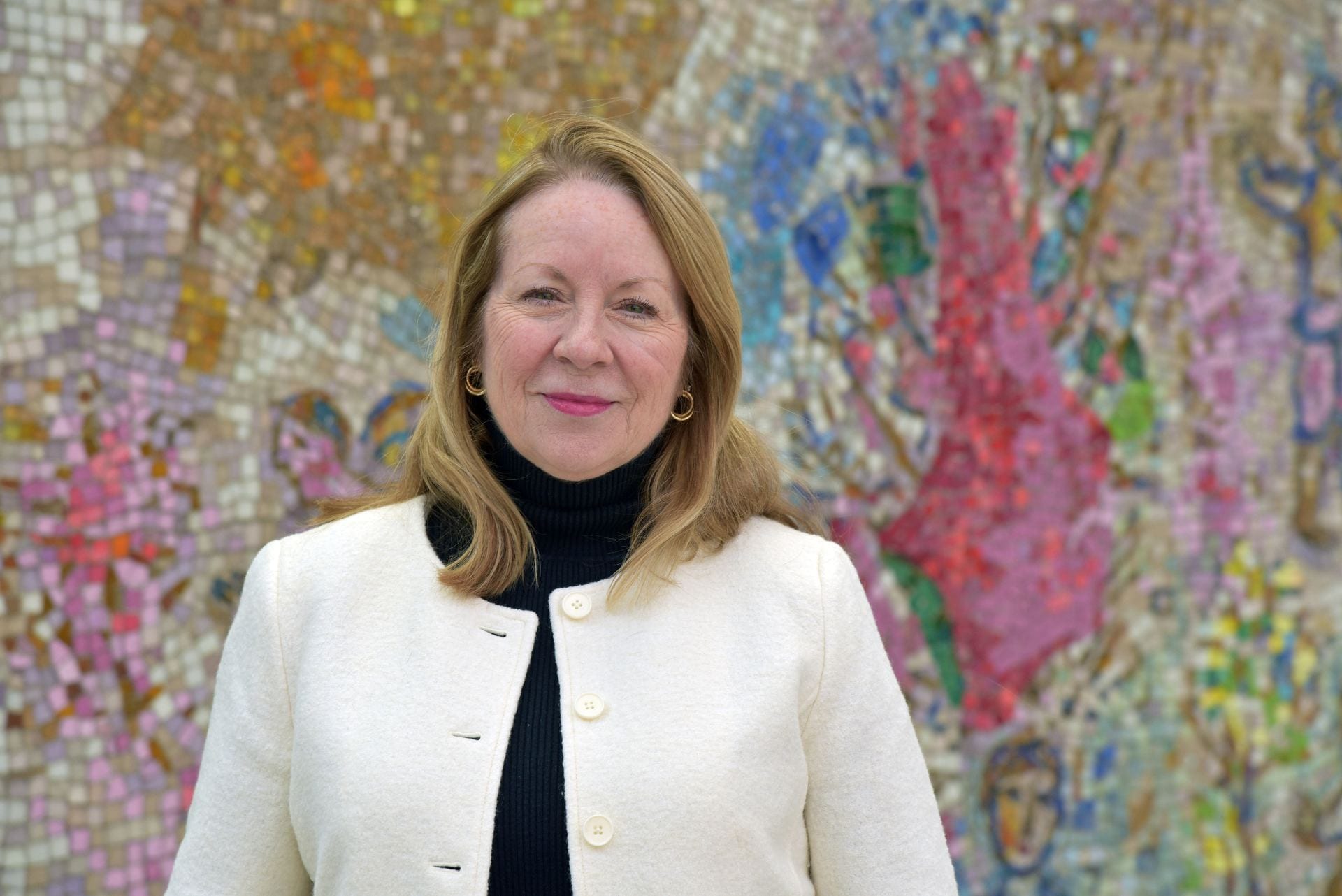Frank S. Ptak (BUS ’65, DHL ’13)

My love for the city where I grew up and for DePaul, which came to my financial aid when my father died, will never end.”
RESIDENCE: Boca Raton, Fla.
OCCUPATION: I recently retired as chairman and CEO of Marmon Holdings Inc., a subsidiary of Berkshire Hathaway Inc. My job was to set the overall strategy for Marmon’s vast array of companies and develop sufficient management talent to implement that strategy successfully, and always with high integrity, trust and ethical behavior. Marmon is a highly decentralized, diversified industrial conglomerate with more than $8 billion in revenues in 2018. It comprises more than 100 businesses whose products range from railroad tank cars and platform trailers, to shopping carts and commercial beverage dispensers, to screws and work gloves. Berkshire Hathaway acquired Marmon in 2008, and having the opportunity to work directly for Berkshire CEO Warren Buffett was the delight of my entire career.
EDUCATION: My pursuit of a business career started at Chicago’s St. Rita High School, which offered one of the very few high school business curriculums. DePaul was very attractive to me with its high reputation in accounting and the near certainty of good job placement in the Chicago CPA firm market. This approach worked well for me, as I landed with Arthur Young & Co. immediately after graduation in 1965 and became a CPA.
MY BACKGROUND: I grew up in a highly principled and hardworking family on the South Side of Chicago. My father was a regional manager for the A&P grocery store chain. All of us, including my three siblings, worked hard to help our parents make ends meet in a typical lower middle-class family; I had a paper route starting at age 12. We didn’t have a lot of amenities then, but it was a family full of love and we always tried to have fun.
CAREER HIGHLIGHTS: After a five-year accounting career, I got my first real taste of business working as a stock market analyst and investor for two years. I went on to a series of management jobs during five years with Sara Lee Corp. Then I got my greatest career break with Illinois Tool Works, one of the most highly regarded American operating companies. I spent 30 wonderful years learning and growing, and retired as its vice chairman at the end of 2005. I joined Marmon as CEO in January 2006 after a two-week retirement. In retrospect, I guess I just enjoyed running industrial companies too much to give it up. I relished the opportunity to build something financially strong enough to take good care of a company’s three constituencies—its employees, customers, and owners.
I have watched many employees grow and develop into outstanding contributors to this cause, and I am very proud of the fact that I had something to do with their success. This is my ultimate joy and sense of accomplishment. I am very active in many Chicago philanthropic activities, including DePaul (as an Executive Committee member of the Driehaus College of Business Advisory Council) and Junior Achievement of Chicago. My love for the city where I grew up and for DePaul, which came to my financial aid when my father died, will never end.
Advice for Recent Graduates
- Do something you love.
- Don’t be afraid to take a chance.
- Strive to work with strong mentors who give you your chance to really take off.
- Never compromise on your integrity and ethics.
- Never forget to give back as you achieve your own success.
